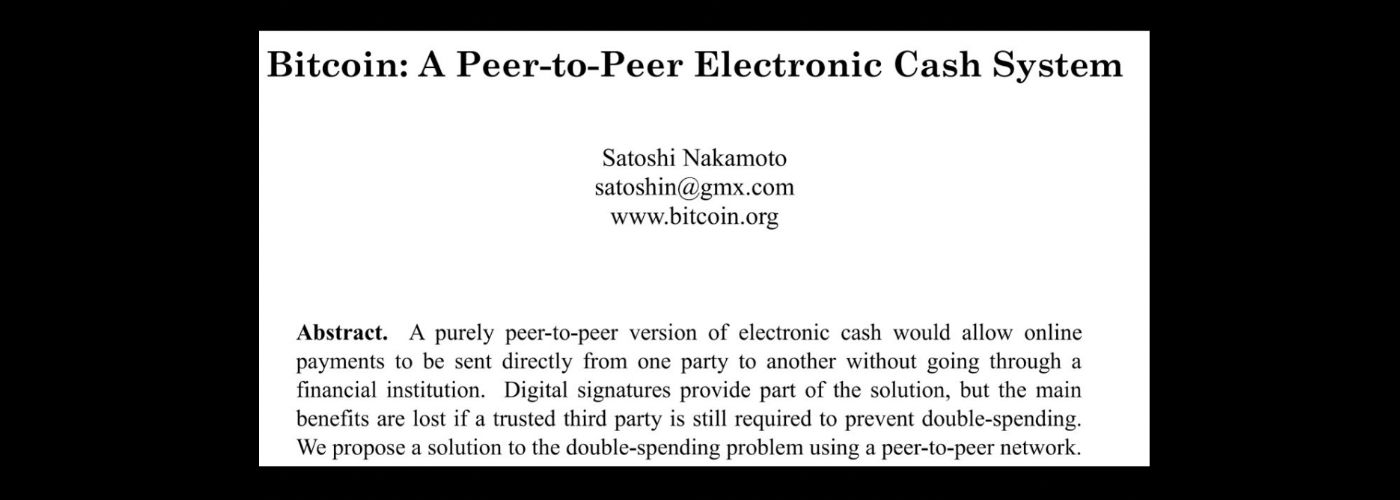What Is Bitcoin (BTC)?

Description
What is Bitcoin? How does the very first blockchain-based digital currency work? What are the features and is it legal to use BTC? We will answer all these questions in our article.
History of creation
Bitcoin is the world's first and most sought-after cryptocurrency. The development and implementation of Bitcoin have been attributed to an individual (or group of individuals) under the pseudonym Satoshi Nakamoto. In 2008 Bitcoin created date, Nakamoto published an article "Bitcoin: A Peer-to-Peer Electronic Cash System" where he described the principles of the blockchain network, providing its methodology and the pillars of its operation — decentralization and complete privacy. Later, in 2009, he launched the Bitcoin network itself and the first version of an electronic virtual wallet designed to store Bitcoins.

In fact, no one still knows who or what Satoshi is. Internet users and many initiative groups have attempted to unmask the Bitcoin protocol's developers. But when they tried to analyze the search results, it turned out that either the search reached a dead end and the "proclaimed genius" debunked the rumors, or online detectives had to admit to the futility of their efforts and fabrication of facts.
Nevertheless, the person (or a group of people) who created the world's first cryptocurrency, and at the same time, the most successful decentralized financial project, has given us a new reality, expanding all imaginable and unimaginable horizons of the global financial sector.
How Bitcoin works
Bitcoin is an e-currency that exists as records in a BTC blockchain (a replicated distributed database). An important principle of BTC works is that all transactions of currency movement are publicly available, including transaction amount and sender and recipient addresses, but all personal information is hidden and cannot be declassified.
Where do Bitcoins come from?
There is a limited number of Bitcoins in the world — 21 million. The rates of global economic development add value to this asset every year. You should agree that this is quite reasonable because every valuable resource with a limited amount only grows in value over time, which applies to all such assets, gold for instance. By the way, people believe that Bitcoin is digital gold due to the similarity of consumer behavior towards these two most significant assets in nature (real and electronic).
How to store Bitcoin
Over 92% of all Bitcoins in the world have been mined by the time of writing this article (August 2022). But what does "mined" mean? As mentioned above, Bitcoin exists as electronic records in the Bitcoin network. From the network's launch until now, the only way to get Bitcoin, apart from trading, i.e., obtaining it from the records, was to "mine" it. Thus the owners of computing power (the best method today is to use special ASIC equipment), by ensuring the functioning of the network and providing their capacities to process the transactions, receive some reward according to their contribution to the "common cause" — a number of coins proportional to their participation in the process.
Based on calculations by the world's leading analysts, the last Bitcoin process will be mined in 2140.

Mined Bitcoins are stored as a long-term investment, entered into exchanges for trading, or spent for people's own needs. It should be noted that cryptocurrency, in this case Bitcoin, can be stored in both "hot" and "cold" wallets. For ease of understanding, "cold" = offline wallets (any encrypted physical data carriers), and "hot" = online wallets (for example, a wallet on EXEX.com).
Why we need Bitcoin
Bitcoin is very attractive to investors. This thesis becomes clear and very simple if we study the history of Bitcoin's existence and the stages of its rise in value. Since 2015 alone, the main cryptocurrency has risen in value from $200 to a historic high of $69,000 in November 2021.
How are Bitcoins used
Bitcoin investors and holders are commonly referred to as HODLers (investors who hold cryptocurrencies with the belief that they will increase in value many times over). The acronym comes from a typo on the Bitcoin-talk forum in 2013 in the word "holding" (the forum post was titled "I AM HODLING", meaning "I AM HOLDING"). Since then, in the cryptocurrency community, Bitcoin holders have been referred to as Hodlers to give them a unique meaning and to somewhat distinguish them from other investors.
Another huge advantage of Bitcoin is that it can be used to pay for goods and services. Every year, the number of countries introducing cryptocurrencies increases, and some even recognize Bitcoin as their national currency. For example, in September 2021, El Salvador announced the country's commitment to economic prosperity and the development of electronic finance, including cryptocurrency, by making Bitcoin its national currency.
Is Bitcoin profitable?
The most significant application of Bitcoin, in terms of personal benefit and impact on global finance, is certainly cryptocurrency trading. For a better understanding of the size of the trading scope: Bitcoin has a capitalization of over $850 billion (as of March 2022). The high trading interest in Bitcoin by traders, as well as its volatility, allows them to earn fortunes, both in medium-term strategies and in intraday trading (read more about it in our article "What scalping is").
How to explain bitcoin
Bitcoin in 2022 is more than just a cryptocurrency. It's a culture, a multimillion community, and a starting point, not just for traders and investors but, as mentioned in the article, for entire countries!
The most profitable investments in Bitcoin today are buying it and storing it long-term, as well as trading on crypto platforms.

EXEX.com offers BTC trading to all its clients. Moreover, we have developed and implemented many algorithmic and UI solutions designed to make your trading more comfortable and safer than on other platforms.



